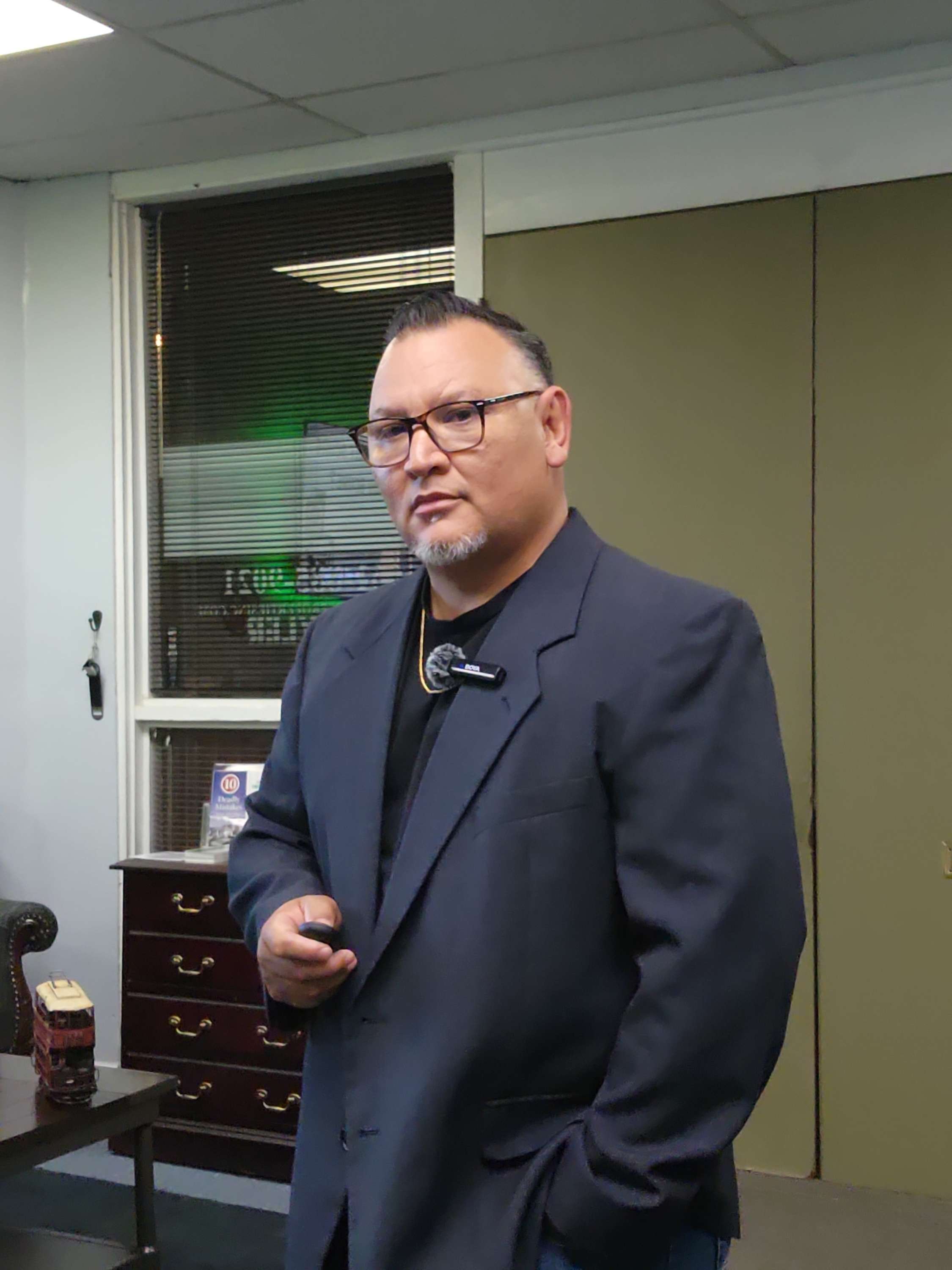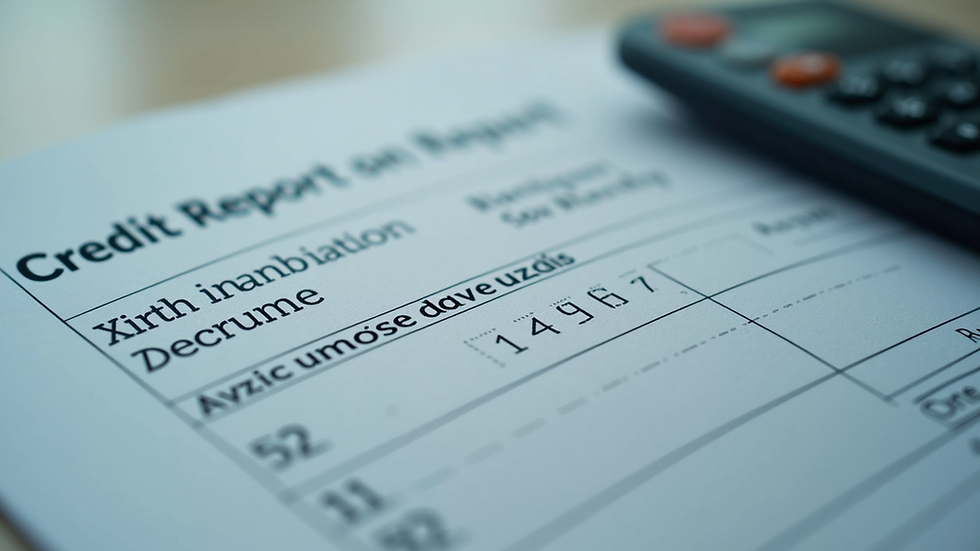Top Credit Repair Questions Answered: Get Your Score Up Quickly
- Isaac Palacios
- 6 days ago
- 3 min read

What is credit repair?
Short Answer: Credit repair is the process of changing your bad credit history by eliminating errors, reducing debt and developing a consistent pattern of positive credit history.
More Detail: - It includes examining credit reports from three major agencies - Equifax, Experian and TransUnion - to determine errors. - Errors are challenged and/or removed if they're incorrect or outdated. - Errors resulting in late payments, missed payments, high balances or high credit utilization are corrected if challenged.
How much does payment history contribute to my credit score?
Short Answer: Payment history impacts your credit score the most — it generally comprises approximately 35% of your FICO score.
More Detail: - Late payments and delinquent accounts greatly reduce your score's potential. - Consistent monthly payments build a gradual positive history. - Unfortunately, one missed payment negatively impacts your score more than many other minute fluctuations.
Why should I check all three credit bureaus' scores?
Short Answer: Because they may have different information; checking all three means you know exactly what lenders see.
More Detail:
A creditor will only report to one or two bureaus sometimes.
Mistakes may only occur in one bureau.
A lender pulls from one bureau more than others so you want to ensure all three are accurate.
Can paying off debt raise my credit score?
Short Answer: Yes — paying off debt is likely to decrease credit utilization and show creditors that you're responsible with credit.
More Detail:
Credit utilization (how much of your available credit you're using) matters a lot. Keeping it low (under 30% ideally lower) is good.
When payments happen on time for credit cards or installment loans, it shows responsibility.
It also helps avoid interest and late fees/penalties.
Should I close credit card accounts I don't use when rebuilding credit?
Short Answer: No—it's generally better to keep accounts open, even if they're rarely touched.
More Detail:
Keeping older accounts open contributes to the length of credit history factor.
It keeps your overall credit limit higher which assists with utilization ratio.
Just be sure the account doesn't come with annual fees that exceed the benefit.
What's something I can do right now to begin boosting my credit score?
Short Answer: Check your credit reports for inaccuracies, then make payments on time, pay down balances, and monitor regularly.
More Detail:
Access your free reports annually through each bureau and check for errors (wrong address, duplicates, accounts that aren't yours).
Get any past due accounts up to date. Pay down any existing balances—start with collections or high-interest accounts first.
Review your reports so you aren't blindsided by new problems. You want consistency.
When does credit get repaired?
Quick Answer: It varies — depending on the severity of the damage. You may notice progress in a few months, but full repair can take a year or longer.
More Specifically:
-Small damages (minor errors, one or two late payments): usually repaired in 3-6 months.
-Serious damages (collections, charge-offs, bankruptcies): usually a year to two years or longer before they are less impactful.
-It's essential to have consistently good practices over time—negatives age over time, but positives must be practiced consistently.
Reducing credit card debt increases your credit score—but do it the right way! 💳✅\Make sure you're keeping accounts open, decreasing credit card debt, and consistently paying bills.\Need a specific plan for you? 💼 Schedule your free credit consultation today! \👉 www.maximumficoscore.com
Also…
-Not only can you see your TransUnion credit score, but you'll also see your Equifax and Experian credit scores so you know where you stand.
-3-bureau reports & scores able to be refreshed every 30 days, daily monitoring & alerts, $25,000 identity theft insurance: click here to learn more.
.png)




Comments